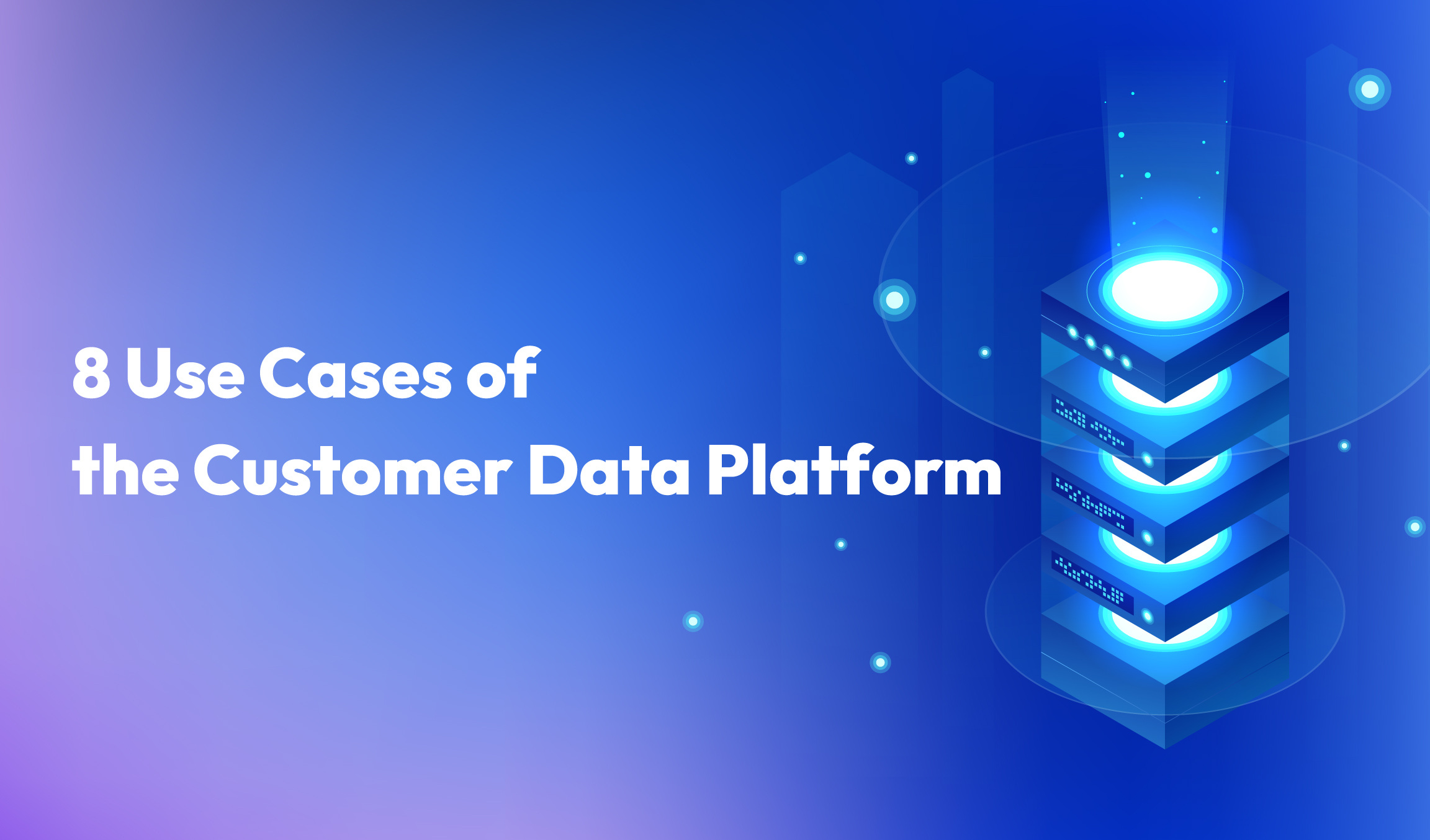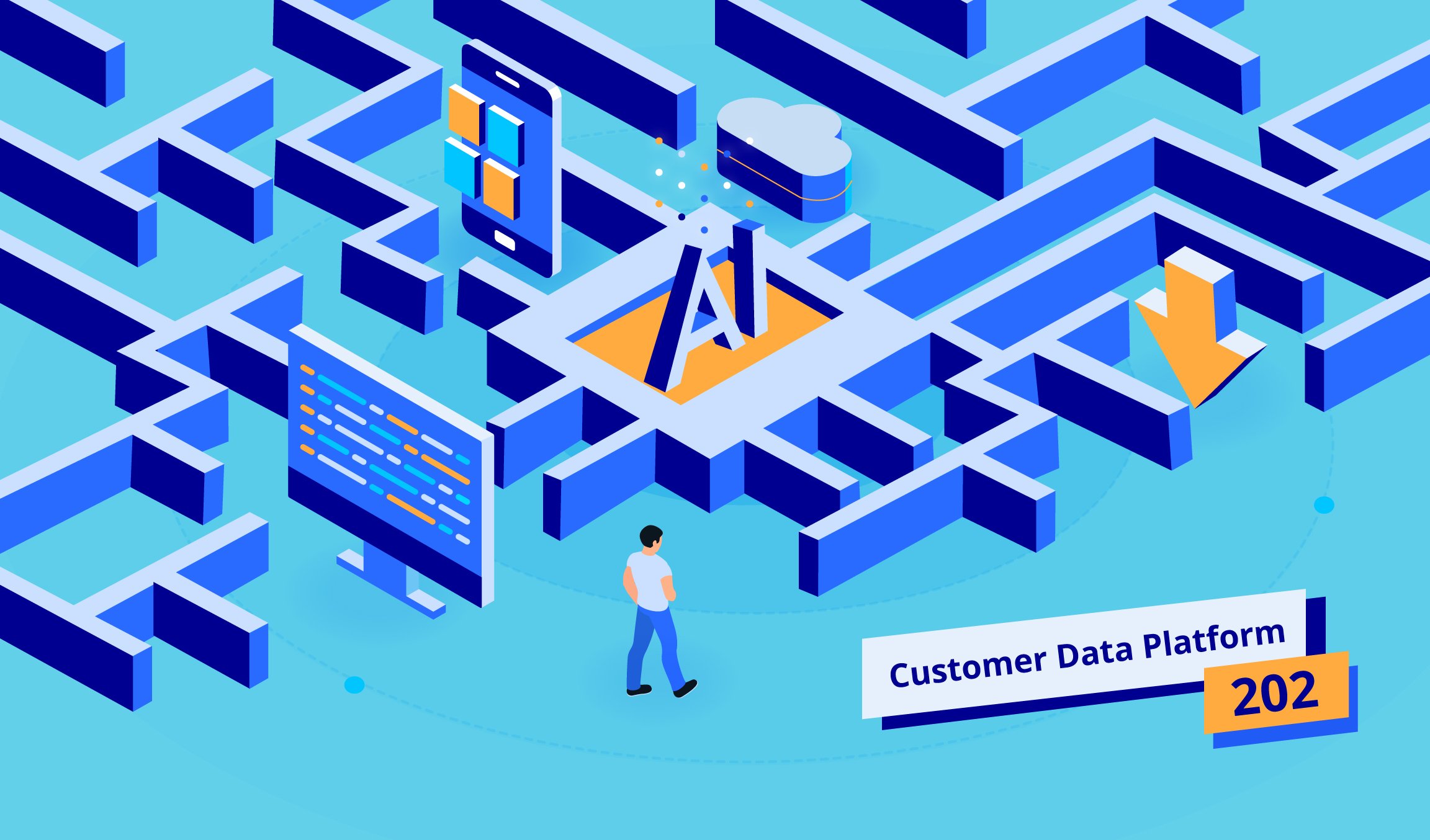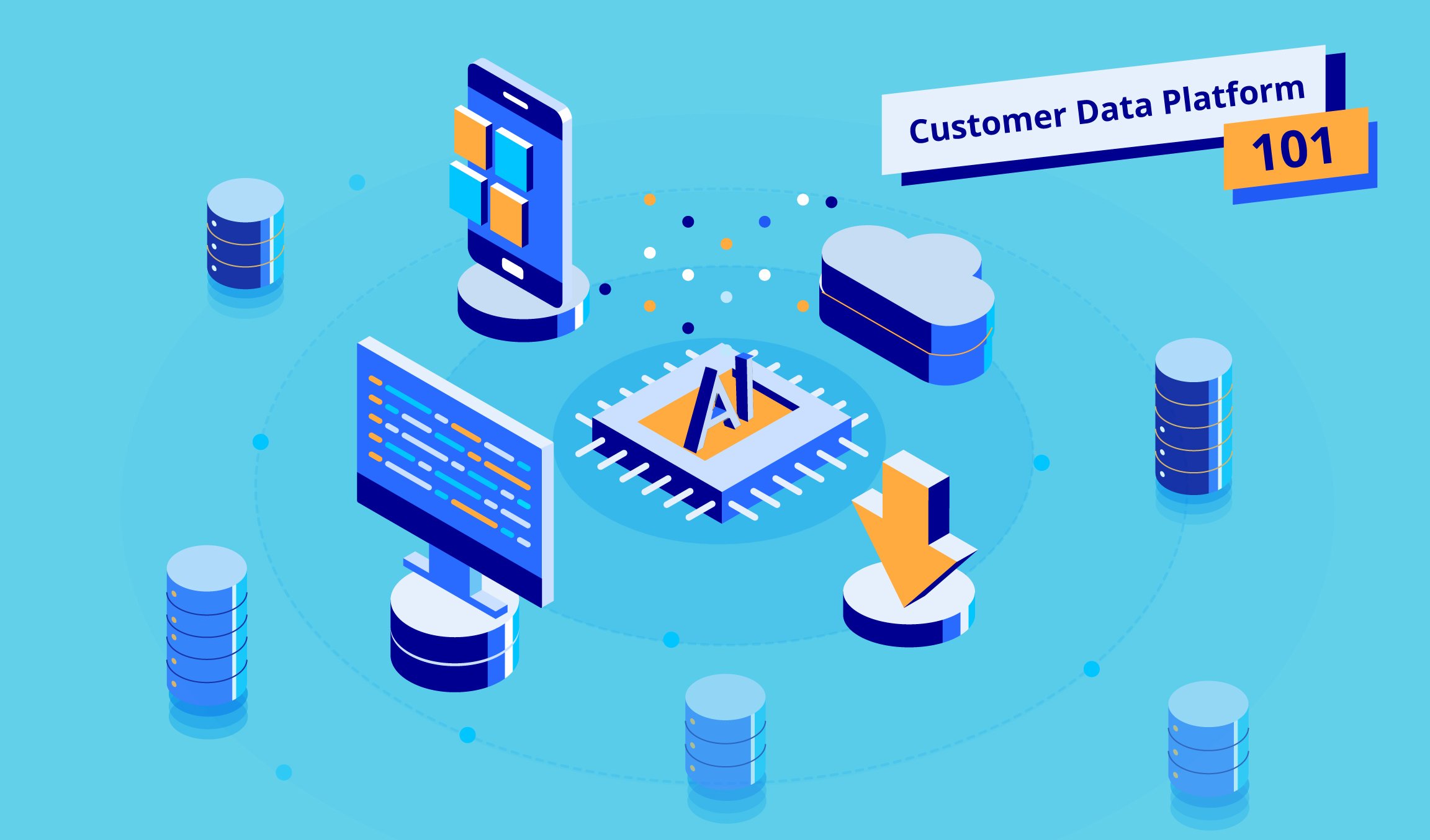6 min read
We recently spoke to Rich Wilson, Founder of Deviance, on the current adoption of AI and data, the impact of technology on some of the key industries, and how to strike a balance between data privacy and customization.
you have founded and helped build a number of AI and data businesses, including in the marketing space. Tell us a bit about your experience and what you’re working on now.
I have a background in software development, and during the dotcom boom I built some of the first online stores for companies like Motorola, Homebase and Ocado, and through that I was introduced to the commercial side. I found I really enjoyed being out of the office talking to people, and I realized my skill is translating technology into business and back again.
For the past seven years I’ve been working in the language analysis space and generally working with data. I’ve set up a hedge fund on the back of an experiment with fast-moving data sets, applying AI to trading.
My most recent business is Deviance, which uses AI to deliver unsearchable insights. We help brands and businesses understand how people are really feeling, helping them understand audiences at massive scale – for example, we recently analyzed four billion words and we don’t know of anyone else working with that amount of data. Brands can uncover new things about their audiences and start to track them over time and see how attitudes are shifting and changing, which is very important, especially at the moment.
What are your thoughts on how business leaders think about AI these days?
There are extremes to it, and it’s quite dichotomous. There are people who have quite a narrow view of AI and are quite fixed in their opinion that it’s something of an intrusion, but I think that’s a rapidly diminishing group.
It’s a pervasive technology that impacts a lot of different aspects of people’s lives. People are becoming increasingly well-informed and aware of both the capabilities and limitations of AI. In the media, we still tend to see quite a stereotypical view of AI showing quite limited applications, usually accompanied by images of robots. What’s interesting are the applications of AI going on in the background – the things that we all benefit indirectly from because the companies we interact with are using it.
I’m fortunate to be on the bleeding edge of all of this. I’m exposed to it day in and day out, and I’m fortunate to see interesting stuff early. Overall, the adoption of AI is growing exponentially and that’s only a good thing.
Are there areas of business that you think are picking up AI technology faster than others?
There’s certainly fast adoption in the medical industry, and I’m exposed to quite a lot of this due to some academic relationships. I have a friend running a business that uses AI to predict strokes more accurately. It’s phenomenal technology and growing at an incredible pace. There are lots of these kinds of firms popping up, particularly using AI in imaging. The prediction capabilities are super smart and are saving lives already.
Additionally, banks will always be early adopters of technology like this, particularly in the ‘back office’ functions. We’ve seen this proven with the hedge fund, where financial institutions are seeing the advantage of pure computational power in making decisions around trades.
You’re a builder in this space (AI and data) – what are brands or businesses looking for that they currently don’t have?
With any new technology, it always comes down to the same thing – faster access to simplicity in business. AI can help speed up and simplify lots of things, resulting in reduced risk, better compliance, solving resource issues, cost savings and so on.
With my company, Deviance, it’s specifically about access to insights. We are helping businesses speed up the time it takes to access and analyze data, and deliver the insights – we’re squeezing that timeframe right down. The most important thing to businesses is to get the insights as quickly as possible.
How have you seen marketers’ attitudes towards AI/data change in recent years?
It’s changed massively. There used to be a lot of argument about data versus creativity, but that’s largely dead now. Smart people aren’t talking about that at all any more. They know that data informs and supports creativity – in fact, creative agencies are the ones that understand this the best. The best technology firms I’ve built or been involved all understand that it’s about the right combination of human and machine.
Do you think technologies such as AI could help marketers/businesses during a crisis situation/uncertain times like what we’re currently experiencing? If so, how?
I’ll share another example from Deviance. One of the ways it’s being used right now is to track audience sentiment. Historically, this has been pretty inaccurate, with up to about 40% accuracy. In English, for example, words can have multiple meanings and can’t be classified in just one way. At Deviance, we’re seeing 94% accuracy, and can see how sentiment is shifting in different areas. For example, in the travel industry, if travel service providers can see what people are talking about in terms of when they might travel again and where they might go, that’s very valuable information for directing a campaign.
It’s often noted that AI is very good at repetitive tasks, which is true, but it’s also very good at spotting patterns. This capability can be applied to understand how diseases spread and used to predict outbreaks. I’ve been looking at some of the ways people are modelling data for COVID-19 and it’s quite outdated. When we get past this current situation, governments and other major players should work to get up to date with how the industry has moved on in terms of understanding large data so we can be better prepared should something like this happen again.
With ever-stricter data compliance laws/regulations, how can marketers/businesses balance privacy and customization? What are consumers willing to trade here? Anything different related to the current situation?
There are a lot of conversations happening around this at the moment. In fact, in GDPR, there is an exemption for data use in situations like the one we’re facing now. Among regular consumers, I think there’s an increasing acceptance when it comes to sharing data if it’s going to save lives. We’re going to have to give up a bit of privacy to do things like contact tracing – the world is looking to South Korea and Singapore to see how well this has worked.
I think there’s a possibility this could lead to a permanent change. I think people understand the benefits of privacy in a marketing context, and firms are not hanging on to data endlessly for targeting purposes, which people appreciate. However, for the situation we’re currently in, if we were to ever face it again, I think people are going to be more accepting about sharing their data.
Rich Wilson started his career writing software for jet engines. Since 2005, he has been focusing on the commercialisation of software startups. He has a history of successfully bringing US tech firms into Europe and has since founded a number of businesses including Volcube, a financial services tech firm, a small hedge fund which uses artificial intelligence (AI) to place trades, and most recently Deviance, an audience diagnostics firm applying AI to language analysis in order to help firms understand how their audience feels. Rich is based in London and is a noted speaker on the application of linguistics in politics, gender, TV and music, as well as tech startups more generally.
* Read more from our "Ask the Experts" series, and see what we have discussed with other thought leaders about AI, digital marketing, data, technology, and more.



